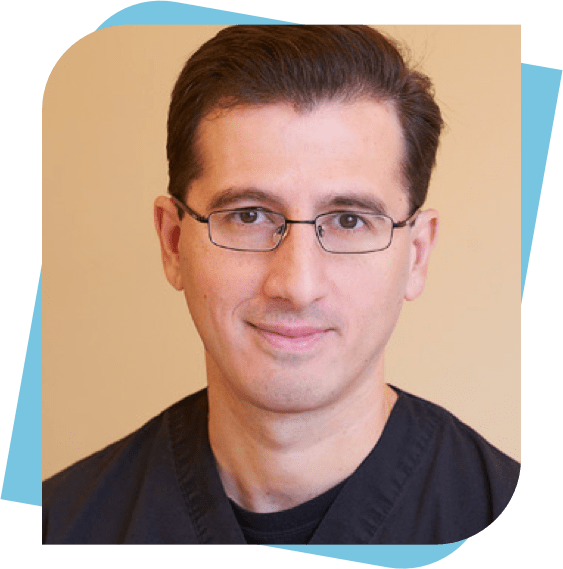Sleep apnea, which causes the airflow to become partially blocked during sleep, can be potentially dangerous if not addressed and treated. To determine if you have this condition, you need to understand the forms of sleep apnea and the symptoms that relate to it. There are two types of this disorder — obstructive sleep apnea, which occurs when the upper airway becomes blocked when the throat muscles relax during sleep, and central sleep apnea, where the brain does not send signals properly that are needed to breathe.
If you suspect that you may have this condition but are not sure, here are five telling signs that you are living with sleep apnea.
Daytime Exhaustion
An early indicator that can highlight if you have sleep apnea is experiencing constant exhaustion and sleepiness during the daytime. Being continuously awoken momentarily during the night means that you’re not receiving a good night’s sleep, which will lead to sleep deprivation. You’ll likely feel unfocused, tired, and groggy throughout the day.
Loud Snoring
In many cases, excessive snoring is linked to sleep apnea. When the airways become restricted due to overrelaxation of the muscles, snoring is likely to occur. This can also keep you (or your partner) awake throughout the night.
Interrupted Breathing
One of the most telling signs you are living with sleep apnea is if you’re experiencing episodes of interrupted breathing during the nighttime. If you’re not sure if this is happening to you but suspect you may be suffering from interrupted breathing patterns, talk to your dentist (who can perform a sleep study to diagnose it).
Mouth Breathing and Dry Mouth
The stress associated with sleep apnea can also cause open mouth breathing as the brain attempts to gain as much oxygen as possible. If you’ve constantly been waking up in the morning with a dry mouth and throat, you’ve likely been mouth breathing during the night and should get tested for sleep apnea.
Choking or Gasping Sensations
Have you recently been jolted awake by a choking or gasping sensation? You may be living with sleep apnea. When the oxygen levels become too low and the brain is unable to receive as much oxygen as it should, your body reacts by forcing you awake in order to breathe.
If you’re experiencing these telling signs, it’s time to talk to a professional about your symptoms. Your dentist is often the first person you can bring up your concerns to as you’re likely to visit your dentist more regularly. If they suspect you have sleep apnea, they can send you to a sleep specialist and also recommend a dental appliance to help reduce the symptoms and treat your condition. To find out more, contact our team at Yazdani Family Dentistry, and we’ll be happy to help.









